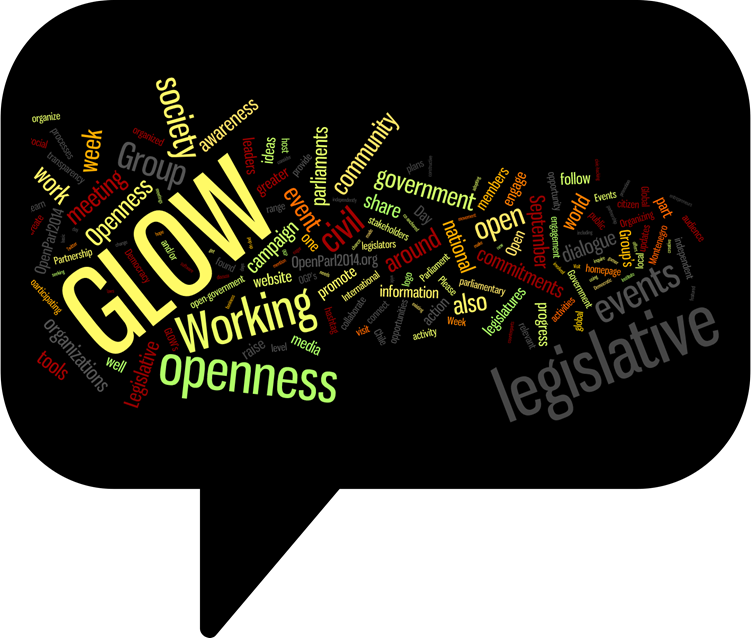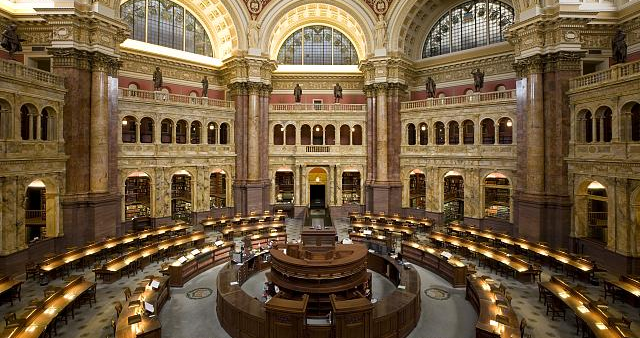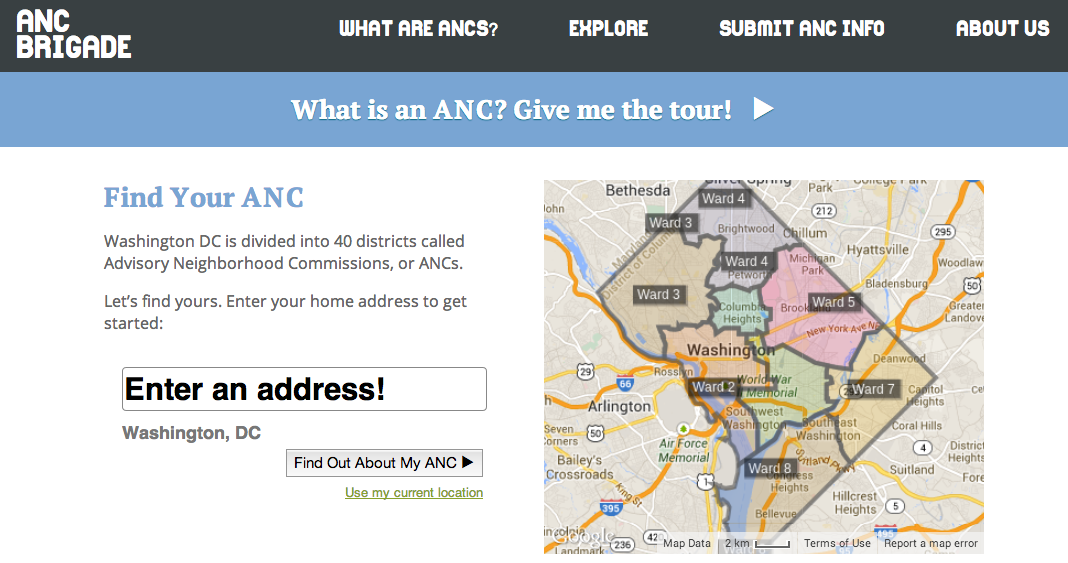A quote from the Sunlight Foundation’s John Wonderlich, speaking on the keynote panel at last week’s ConDatos conference in Mexico City:
“The public institution with the most power to change how open data helps our societies to be more productive and accountable is legislatures. I think they have the most power to change this and they are the least well-equipped to deal with it.
There is the biggest gap between how the modern world works and how our legislatures function, and how our legislators understand technology, and know how to write laws, and regulate. No country is doing a good job of writing laws that deal with the modern world.
And so I think one of the biggest opportunities we have is to close the gap between the laws that dictate how our public institutions are structured, and our expectations and how the world actually functions. I think right now that’s like a 40-year gap between those two things. And I think closing that gap will be a huge lever in changing how data is released, how our laws are enforced and what our expectations are for accountability.” (39:34)
You can watch the full panel and the entire ConDatos conference above.


